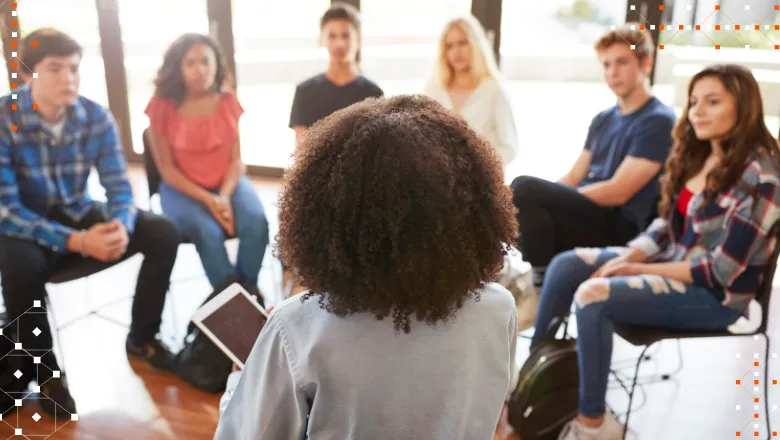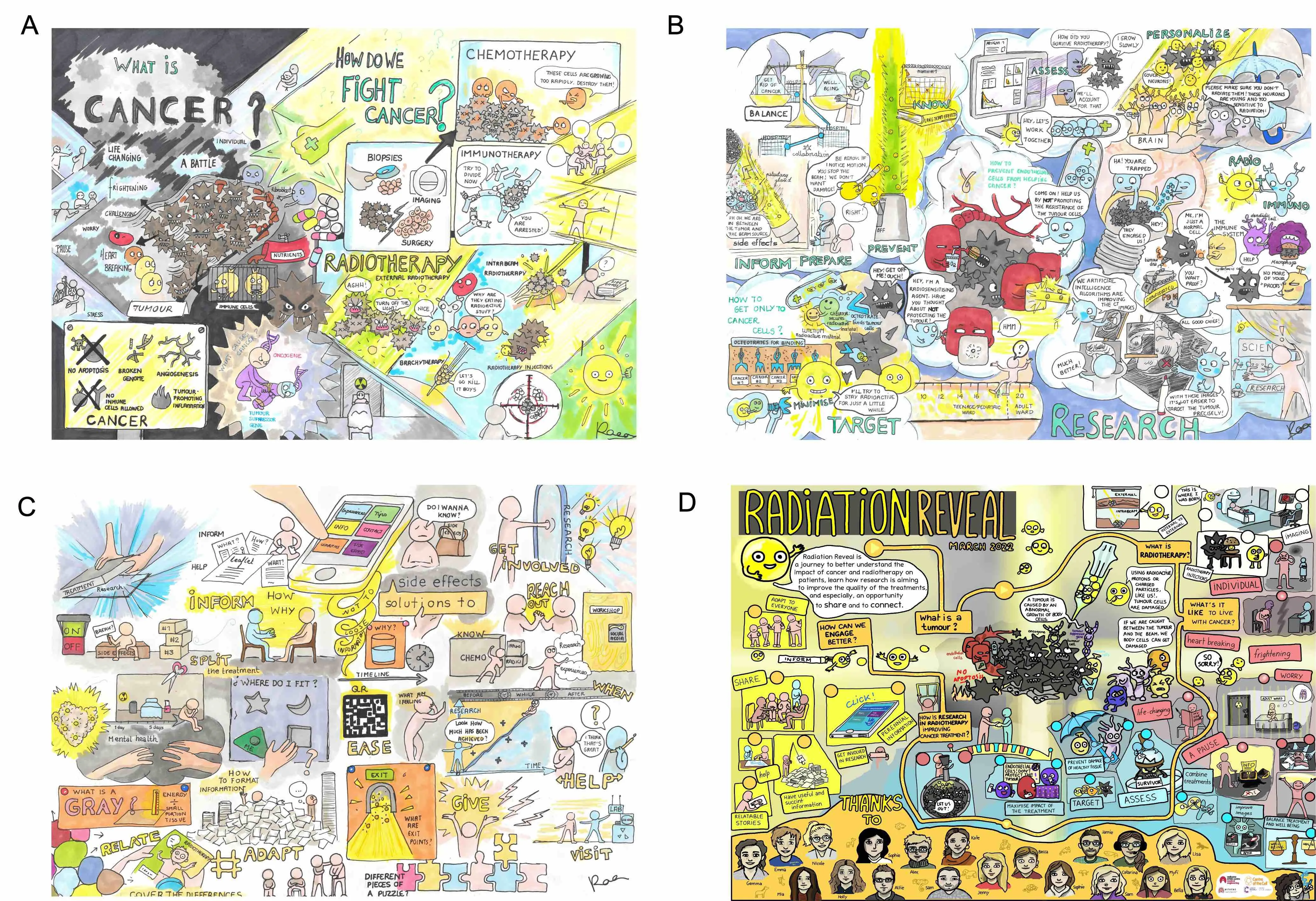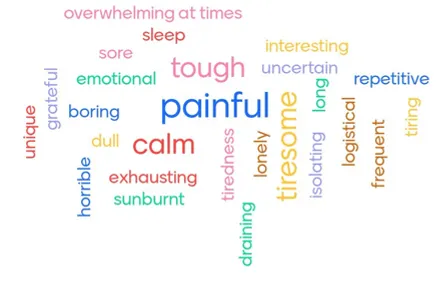Radiation Reveal started as an engagement project but as the project continued relationships were built and the young adults had more involvement in research, not just with the researchers involved in this project but some also joined other patient involvement groups. Researchers valued this experience and have since initiated further projects to involve patients in their research. By sharing what we did and what we learned, we hope to encourage others to initiate similar projects.
Dr Lisa Whittaker, Project coordinator and Public and Patient Engagement Coordinator at the School of Biomedical Engineering & Imaging Sciences
16 April 2024
Radiation Reveal: Public engagement project breaks down barriers between researchers and patients
A recent public engagement project carried out across King’s College London, University College London, and Queen Mary University of London (QMUL), brought together young adults and radiation researchers to identify what people wish they had known about radiotherapy before or during treatment.

Through a series of workshops delivered at Cancer Research UK RadNet City of London (CoL), ten young adults aged 17-25 with experience of radiotherapy, were able to engage in meaningful discussions with researchers about their care.
Having cancer as a teenager or young adult is uniquely different from having it as a child or older adult. Young people are often underrepresented in clinical trials, with fewer cancer services tailored to their needs.
While few prior studies have focused on this patient group, Radiation Reveal amplifies these missing voices and experiences.

During the workshops, young adults spoke about being young and diagnosed with cancer, feeling different to friends and the need for peer support. For most, it was the first time they had talked to anyone of a similar age who had been diagnosed with cancer and received radiotherapy.
For most researchers, it was also the first time they had spoken to anyone with lived experience of cancer.
“Hearing really open and honest stories from the patients talking about their struggles with diagnosis, treatment side effects and emotions. It’s a big part of cancer that we as researchers don’t think about,” one researcher said.
“It’s like it broke down the barrier between the experts on one side and the experts on the other,” a young participant said.
Initially, Radiation Reveal aimed to facilitate discussions and identify knowledge gaps. However, as the project went on, it fostered peer support through friendships and the creation of support groups, enabled the creation of medical resources and encouraged continued involvement in other projects.

The young adult participants wanted to turn a negative experience into something positive and together with the researchers developed a set of ‘top ten tips’ for healthcare professionals. The tips were shared at three national conferences, with the Teenage and Young Adult Cancer Service at Guy's Hospital and on the oncology podcast, RadChat.
Read the full Radiation Reveal paper in the British Journal of Cancer.


